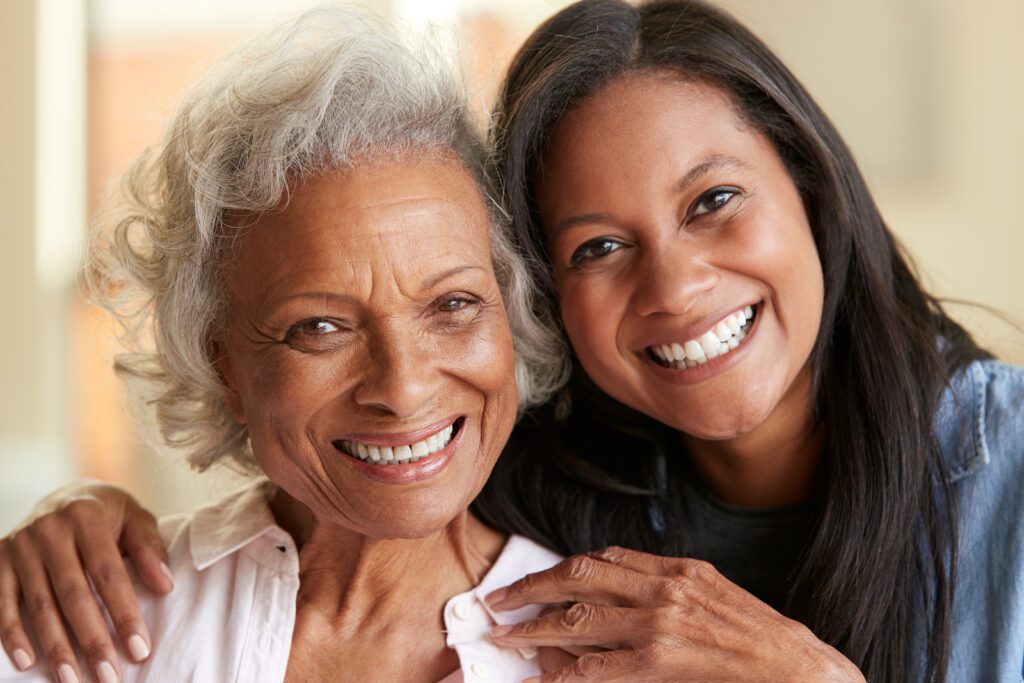A senior caregiver helps you or your loved one manage daily tasks that can become harder with age. You may need support with mobility, meal preparation, or reminders to take medication on time. A caregiver provides these services while helping you stay in your home and maintain your independence. Here are some activities and skills a caregiver offers:
Medication Reminders
Your caregiver can provide reminders to help you manage your medication schedule. This is beneficial if you have a medication regimen or frequently forget to take your medicine. Discussing your medication plan with your caregiver helps verify timetables and dietary requirements. Your caregiver can reduce confusion if you have trouble understanding your medication regimen.
Companionship
One key benefit of having a senior caregiver is the companionship they provide. They are a source of emotional support as you age. This helps address the social gap many seniors face as they get older. Having someone to talk to and spend time with can improve quality of life.
Caregivers might engage in activities like going for walks and playing games to keep you or a loved one active. Your caregiver may have similar interests and can engage in hobbies or activities you both enjoy. This provides a sense of companionship and creates a strong bond between you and your caregiver.
Mobility Support
A caregiver can aid mobility, allowing you to access key areas of the home or services outside of it. They may take you on excursions or shuttle you to doctors’ offices or grocery stores. Your caregiver can also assist you with learning to use a mobility device like a walker or wheelchair. With a caregiver’s help, you can better maintain attendance at community centers, churches, or other locations. This can help prevent isolation and improve mental health.
Health Monitoring
A senior caregiver is trained to detect variations in your physical and mental well-being. Some changes include:
- Appetite variations
- Mood swings
- Increased or decreased sleep
- Altered physical appearance, such as increased bruising or weight changes
Your caregiver reports these changes to your family or medical professional. This confirms that potential health issues are identified and treated early. Monitoring also helps identify medication side effects, which may lead to improved treatment outcomes.
Relationship Skills
Your caregiver is an integral part of your support system. They usually spend a lot of time with you, providing emotional support. The bond between caregiver and care recipient is built on trust. Caregivers learn about your health conditions and become knowledgeable about how to manage them. They may oversee your diet or help improve your home’s mobility safety. Many caregivers also assist in scheduling medical appointments or navigating doctors’ offices.
Hire a Senior Caregiver
Understanding your needs and limitations helps you choose the right caregiver. A senior caregiver has years of experience providing various types of care to older adults. They have the skills to work with people who have chronic or temporary health conditions and can handle challenging behaviors. Contact a caregiver agency today to learn more about their services.

